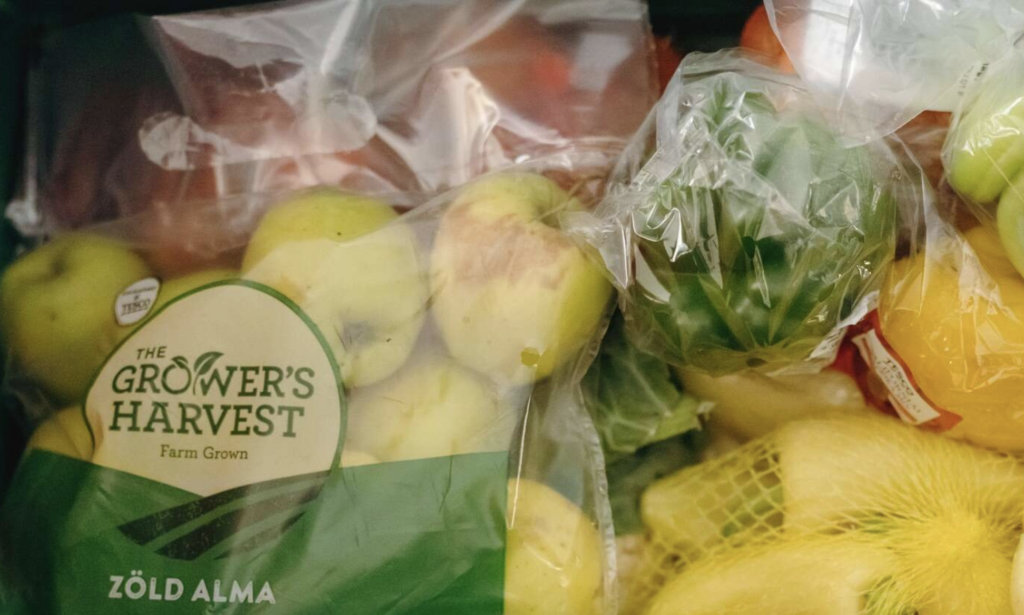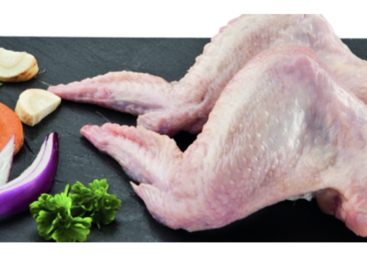More than 6.5 million people in need lived well last year from surplus food generated at Tesco
In Hungary, 1.8 million tons of food surplus is produced every year. If we loaded this quantity on trucks, the line would stretch from Budapest to Paris. In the meantime, many thousands of people live in poverty in our country, and in the strong inflationary environment more and more people are faced with the challenge of allocating the expenses that can be spent on food.

For six years now, Tesco has been measuring and publishing data related to the food waste generated in its operations. According to the latest figures, the supermarket chain has reduced the amount of food waste by 76 percent since the base year 2016/17 and increased the proportion of food donation from 22 percent to 50 percent. In this way, the company delivered 81.3 million portions of food to the needy in six years through its strategic partner, the Food Bank.
According to the latest survey by NÉBIH, 25.2 kilograms of food per person in Hungary are thrown into the trash per year. This is also part of the 2.5 billion tons that become waste worldwide annually along the food chain from farm to table. Loss of food also means loss of money, which in the current inflationary environment affects economic organizations and households particularly sensitively. Meanwhile, many thousands of adults and children in our country do not have access to enough food.
Tesco has been working to reduce food waste for several years and has published its results every year since the 2016/17 financial year to use the detailed data in the report to identify the most critical areas in terms of food waste and eliminate problem areas. points. With the help of good practices, the company reduced the amount of food waste generated in its operations by 76 percent in six years, and also saved and donated 34,164 tons of food to the needy, thereby supporting the communities living around its stores.
Related news
Super Bowl fever at Tesco: an American gastronomic experience made with Hungarian ingredients for watching the game
🎧 Hallgasd a cikket: Lejátszás Szünet Folytatás Leállítás Nyelv: Auto…
Read more >The presence of bird flu has also been confirmed in Bács-Kiskun County
🎧 Hallgasd a cikket: Lejátszás Szünet Folytatás Leállítás Nyelv: Auto…
Read more >Related news
Brits Embrace At‑Home Celebrations While Germans Cut Back on Valentine’s Day Spending
🎧 Hallgasd a cikket: Lejátszás Szünet Folytatás Leállítás Nyelv: Auto…
Read more >









